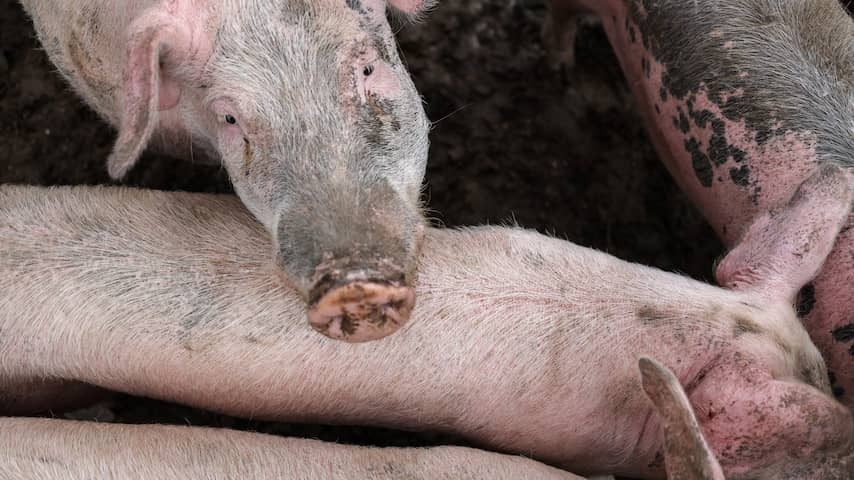
The government, farmers’ organizations, and animal welfare organizations signed measures on Tuesday aimed at improving animal welfare. Outgoing Minister Femke Wiersma (Agriculture) wants to gradually tighten the rules on animal welfare.
These rules include that by 2040, all animals in stables must live in conditions where they can exhibit their natural behavior. For example, cows will go outside more often, and piglets will stay with their mothers longer.
Cows must also be able to use a rotating brush to groom their coats, and they must not be tethered. Chickens may not be kept in cages after 2035. A minimum surface area already applies to them.
Another rule stipulates that farmers must do everything possible to prevent pigs from biting each other’s tails. Currently, some pig farmers preventively burn the tails of piglets, which is already prohibited under current law.
The agreements signed on Tuesday also state that supermarkets, processors, and other market parties will “take their responsibility.” For example, they ensure that consumers pay more for products from animals kept under higher standards.
The rules stem from more than two years of negotiations between the government, farmers’ interest groups, animal welfare organizations, and umbrella organizations of the agricultural sector.
Wiersma believes it is important that farmers have time to adapt their businesses to stricter animal welfare rules. “Farmers cannot make this transition directly and, above all, not alone,” she writes in the accompanying letter to the Lower House. The minister is allocating 51 million euros for more research into optimal livestock farming.
A specially established authority will check in 2028 and then every five years whether the agreements in the covenant are being complied with. The new agreements on animal welfare give substance to a previously adopted amendment to the law on the initiative of the Party for the Animals.
The Animal Protection Society is much more positive. “The agreements are essential and will ultimately make the lives of millions of animals significantly better,” the organization states. It does not yet see “fully animal-worthy livestock farming” but does see “important, concrete steps.”